ISRO successfully launches GSLV F-12 from Sriharikota
Mon 29 May 2023, 12:07:45
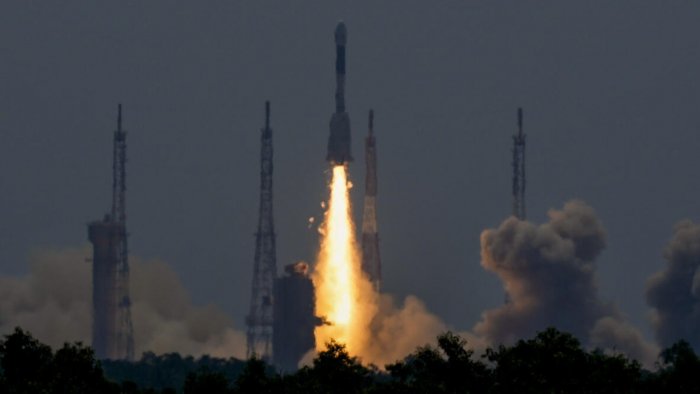
Sriharikota: Indian Space Research Organisation (ISRO) launched its advanced navigation satellite GSLV-F12 and NVS-01 on Monday at 10:42 from the second launch pad at Satish Dhawan Space Center in Sriharikota, Tirupati district.
ISRO aims to augment continuity of the Navigation with Indian Constellation (NavIC) services with the launch of the satellite.
The 51.7 metre tall rocket lifted off majestically from the second launch pad at this space port here, located about 130 km from Chennai.
Amid clear skies, it took off at a prefixed time of 10.42 am.
The second-generation navigation satellite series is considered as a significant launch that would ensure the continuity of NavIC services — an Indian regional satellite navigation system, similar to GPS, providing accurate and real-time navigation in the country and a region extending to 1,500 km around the mainland.
The signals from NavIC are designed to provide user position accurate to better than 20 metres and timing accuracy better than 50 nanoseconds, ISRO said.
Nearly 20 minutes after lift-off, the rocket is scheduled to place the 2,232 kg satellite in a geosynchronous transfer orbit (GTO) at
an altitude of about 251 km.
an altitude of about 251 km.
NVS-01 carries navigation payloads L1,L5 and S bands.
The second generation satellite would also carry an indigenously developed rubidium atomic clock. Earlier scientists at ISRO had used an imported atomic clock.
ISRO developed NavIC system to meet the positioning, navigation and timing requirements of the country, particularly with regard to civil aviation and military requirements.
NavIC was earlier known as the Indian Regional Navigation Satellite System (IRNSS) and is designed with a constellation of seven satellites and a network of ground stations that operate 24×7.
It offers two services — Standard Position Service (SPS) for civilian users and Restricted Service for strategic users.
NavIC SPS signals are interoperable with the US global navigation satellite system signals, GPS, Glonass from Russia, Galileo (European Union) and BeiDou, China.
Monday’s mission is the sixth operational flight of the GSLV with indigenous cryogenic stage. The mission life of NVS-01 is expected to be better than 12 years, ISRO said.
No Comments For This Post, Be first to write a Comment.
Most viewed from National
Most viewed from World
AIMIM News
Latest Urdu News
Most Viewed
May 26, 2020
Should there be an India-Pakistan cricket match or not?
Latest Videos View All
Like Us
Home
About Us
Advertise With Us
All Polls
Epaper Archives
Privacy Policy
Contact Us
Download Etemaad App
© 2026 Etemaad Daily News, All Rights Reserved.

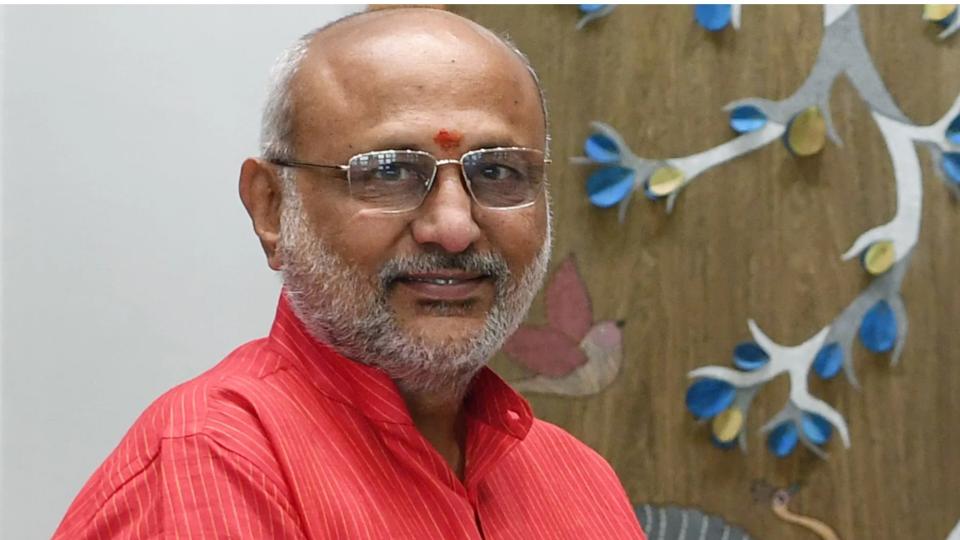

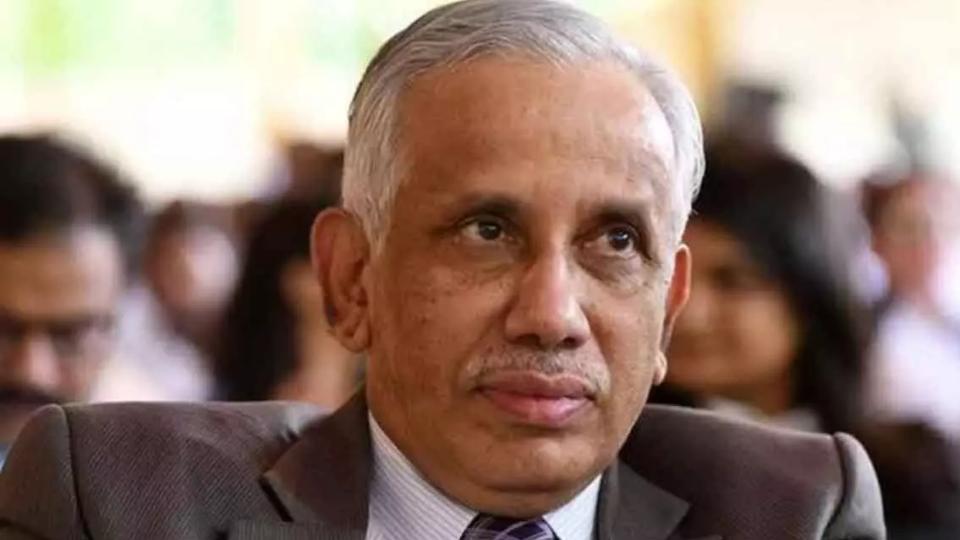
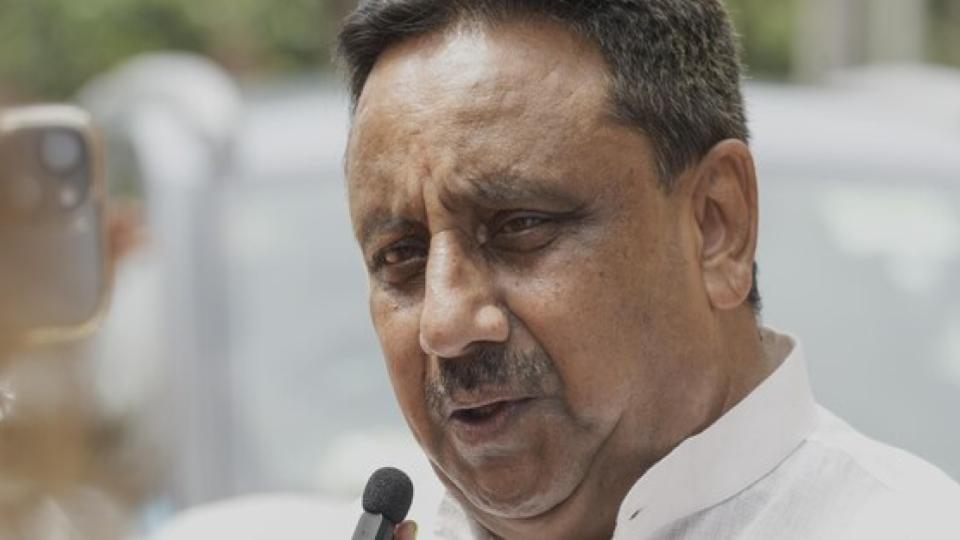



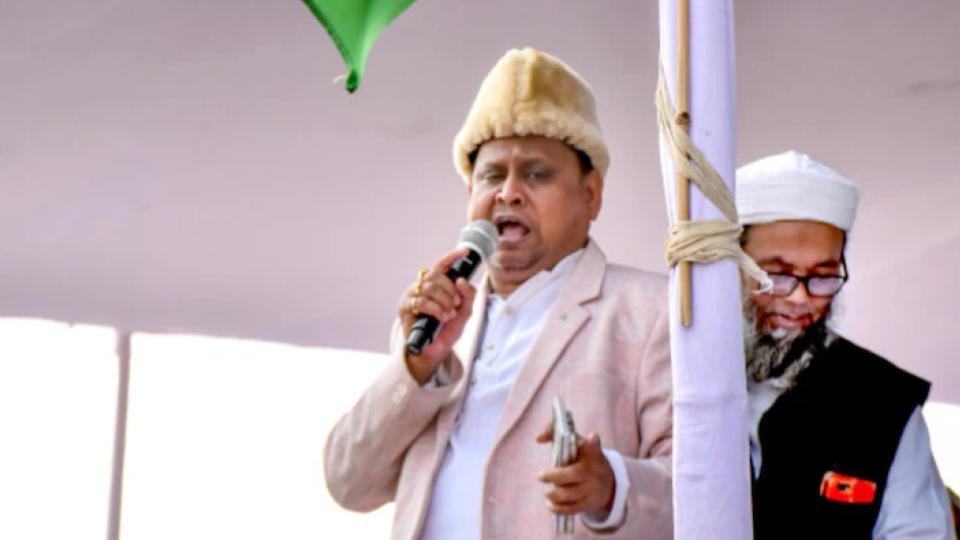




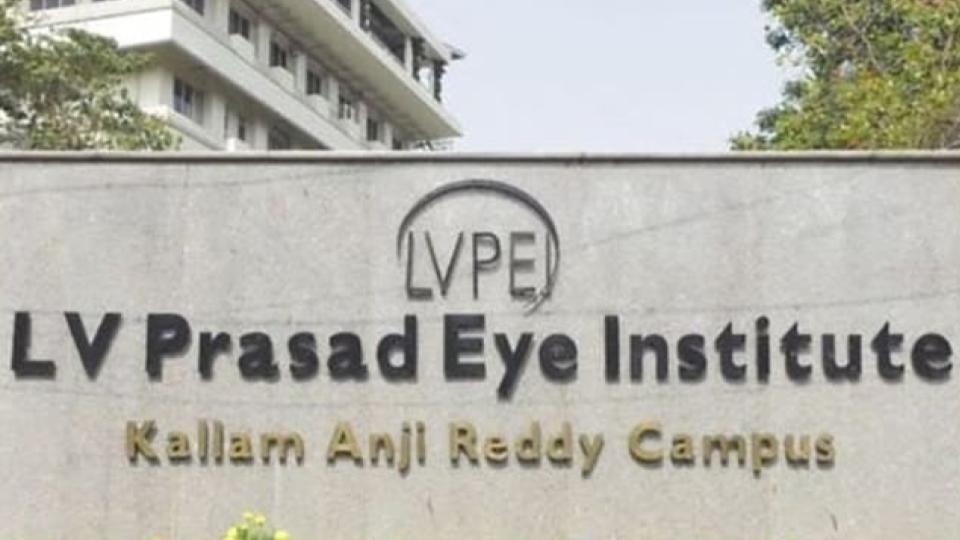

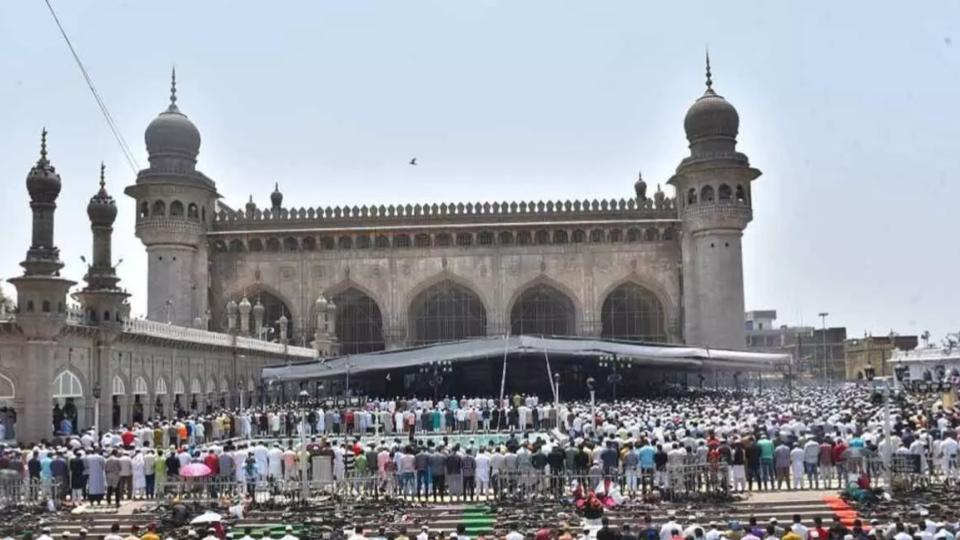






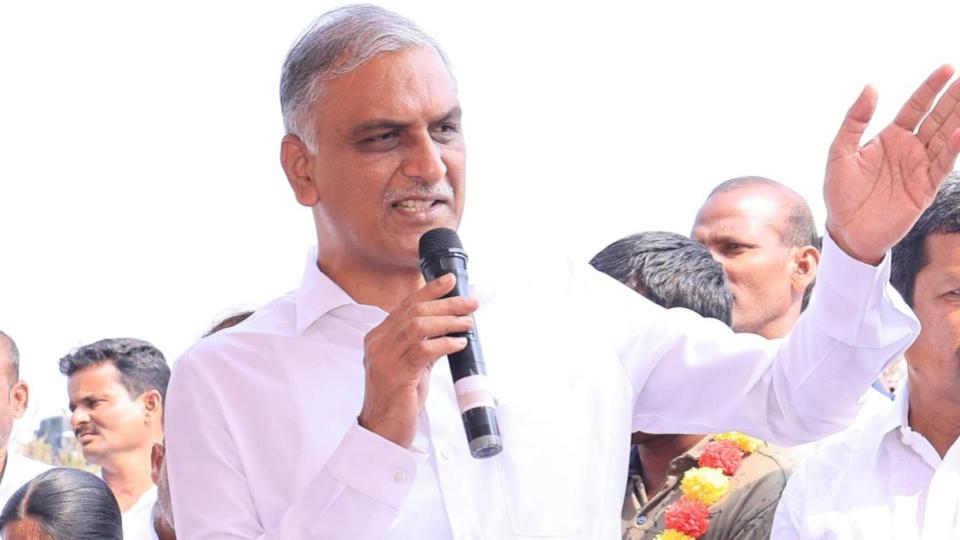














.jpg)
.jpg)
.jpg)


